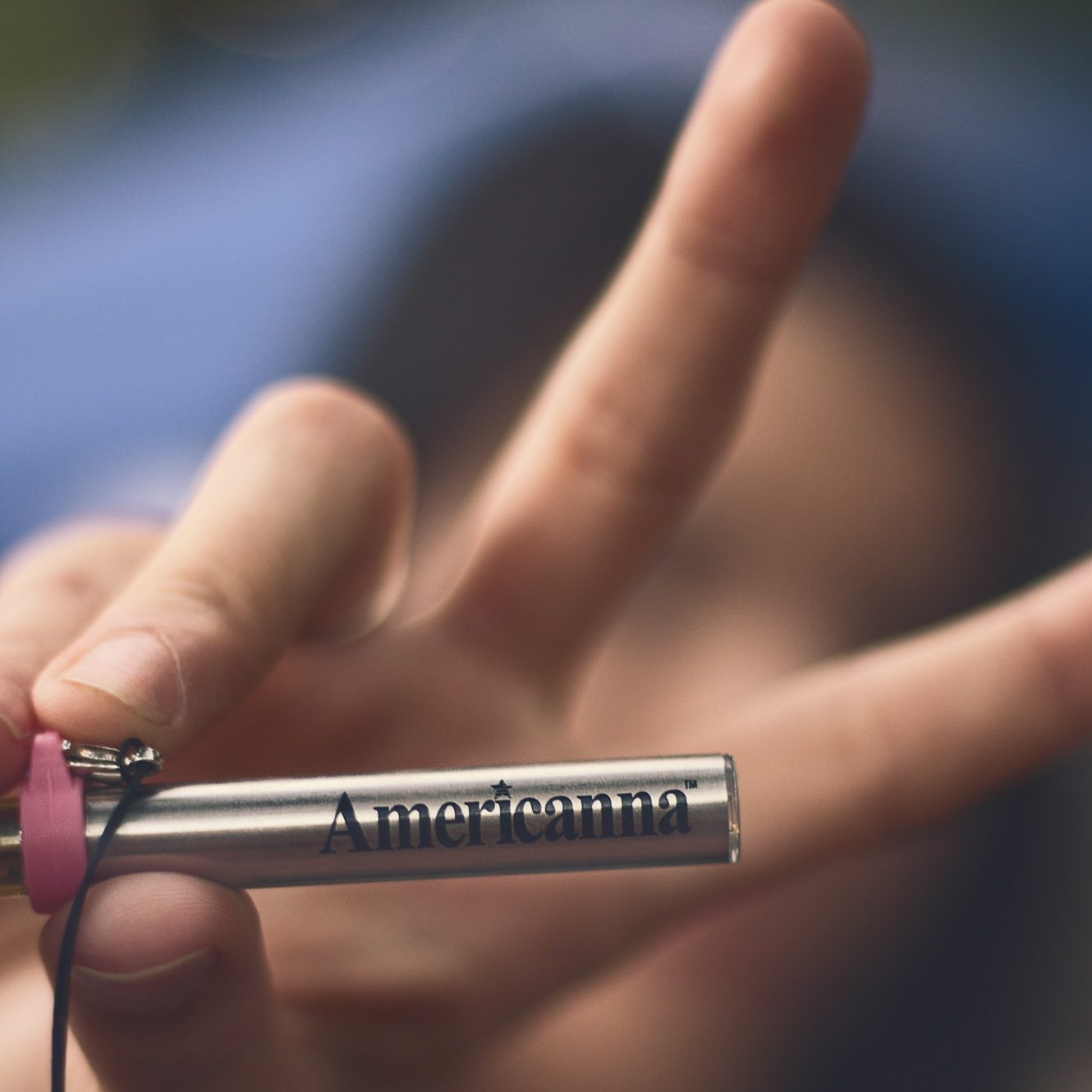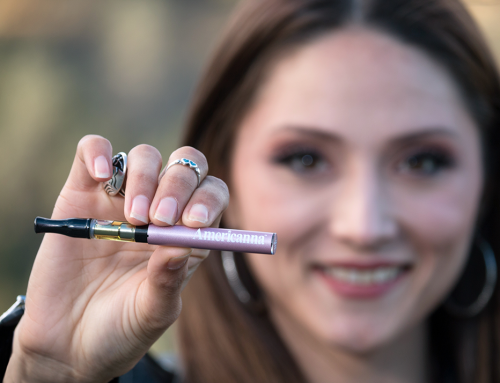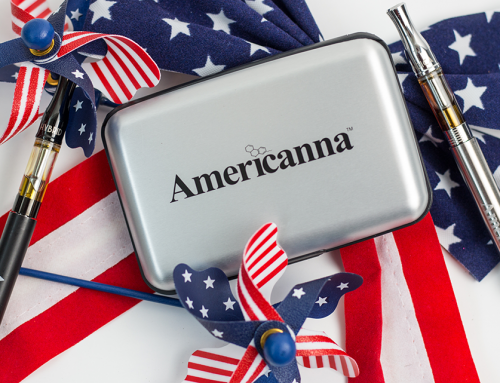National PTSD Awareness Day
We’ve all heard of PTSD, and maybe we know someone suffering from it. But what is PTSD exactly? What do the symptoms look like? Are there any treatments available to those with PTSD? And most importantly, how can I help?
If you’ve asked any of these questions, you’re not alone. As more of our loved ones suffer from this disorder, there is a bigger urgency to learn more and to help where we can. This blog will attempt to answer all of your questions and to give hope to those who are suffering.
National PTSD Awareness Day is celebrated today on June 27th to shed a light on the darkness that the disorder brings into a person’s life. In 2010, Congress called June 27th official PTSD Awareness Day and in 2014, the Senate designated all of June for National PTSD Awareness month.

So first of all, what is PTSD anyways?
If you or a loved one has suffered a traumatic event, you may understand what it’s like to have the painful memories that linger. For some, those memories tend to fade over time. But for others, it’s a different story. Sometimes even months or even years after a traumatic event, those feelings and thoughts don’t go away.
When these thoughts, feelings, and memories begin to inhibit on one’s everyday life, that’s when it’s important to seek help. You may be suffering from Post Traumatic Stress Disorder.

Who is affected by PTSD?
Some of the main victims are our brave veterans. When someone is exposed to war, or are in combat, chances are they have seen horrible things and have been in a number of life-threatening situations. These are exactly the type of events that can lead to PTSD.
Approximately 11-20% of those who served in Operations Iraqi Freedom (OIF) and Enduring Freedom (OEF) have PTSD in a given year. About 12% of those who served in the Gulf War (Desert Storm) have PTSD in a given year. It’s estimated that about 30% of Vietnam Veterans have had PTSD in their lifetime.
Another tragic cause of this disorder in the military is military sexual trauma (MST). MST has happened to soldiers of all genders during peacetime, training, or war.

What do the symptoms of PTSD look like?
If you or someone who love might be suffering from PTSD, there are certain symptoms that tend to show up in most with the disorder. One is re-playing the trauma in their head through intrusive recollections of the event and flashing back and re-experiencing the traumatic event that caused the disorder. Another is avoiding people, locations, and activities that remind the person of the trauma. This may be accompanied by emotional numbness. Another symptom is often difficulty sleeping, concentrating, and being easily irritated and/or angered.
These symptoms may not always be easy to spot, so people suffering may often feel that they’re alone in their suffering. This is where a support system of friends and family come in. It’s so important for anyone with PTSD to know that they’re supported by their loved ones.

What are the treatment options?
The most common way we’ve seen people treat PTSD is with therapy and either prescription medications or self-medicating. However, the antidepressants that are usually prescribed come with a whole slew of negative side effects. These include nausea, insomnia, blurred vision, loss of sexual desire, fatigue, and more.
The groundbreaking FDA-approved study of cannabis for veterans with PTSD has officially started phase two. That’s because cannabis has proven to be an enormous help to veterans and to anyone who has PTSD.
“Researchers found that people with PTSD had lower levels of anandamide,” reveals Martin Lee, director of Project CBD, a MAPS affiliate, and someone who’s studied Post Traumatic Stress Disorder and cannabinoids in depth. He goes on to explain that anandamide is an endogenous cannabinoids compound. Those who have the disorder have significantly lower levels of this compound compared to those who didn’t show signs of it. “Innate to all mammals, anandamide (our inner cannabis, so to speak) triggers the same receptors that are activated by THC and other components of the marijuana plant.”
You could say that part of the reason PTSD exists is because of an endocannabinoid deficiency.

Okay…so what can I do to help?
The most important thing you can do for a friend or loved one who has PTSD is to provide social and emotional support. That doesn’t necessarily mean pressuring them to talk about it just so you can “be there for them”. Instead, be patient, be open, and do “normal” things with them. Because their mind is a scary place to be, they’ll find solace in a consistent and loving friendship with you. When they’re ready to talk, be a good listener.
You can also help by providing them with cannabis products that you think could help them. Our Americanna vape pens are a favorite among those who are suffering and would make a perfect gift for a friend who’s going through troubling times.



